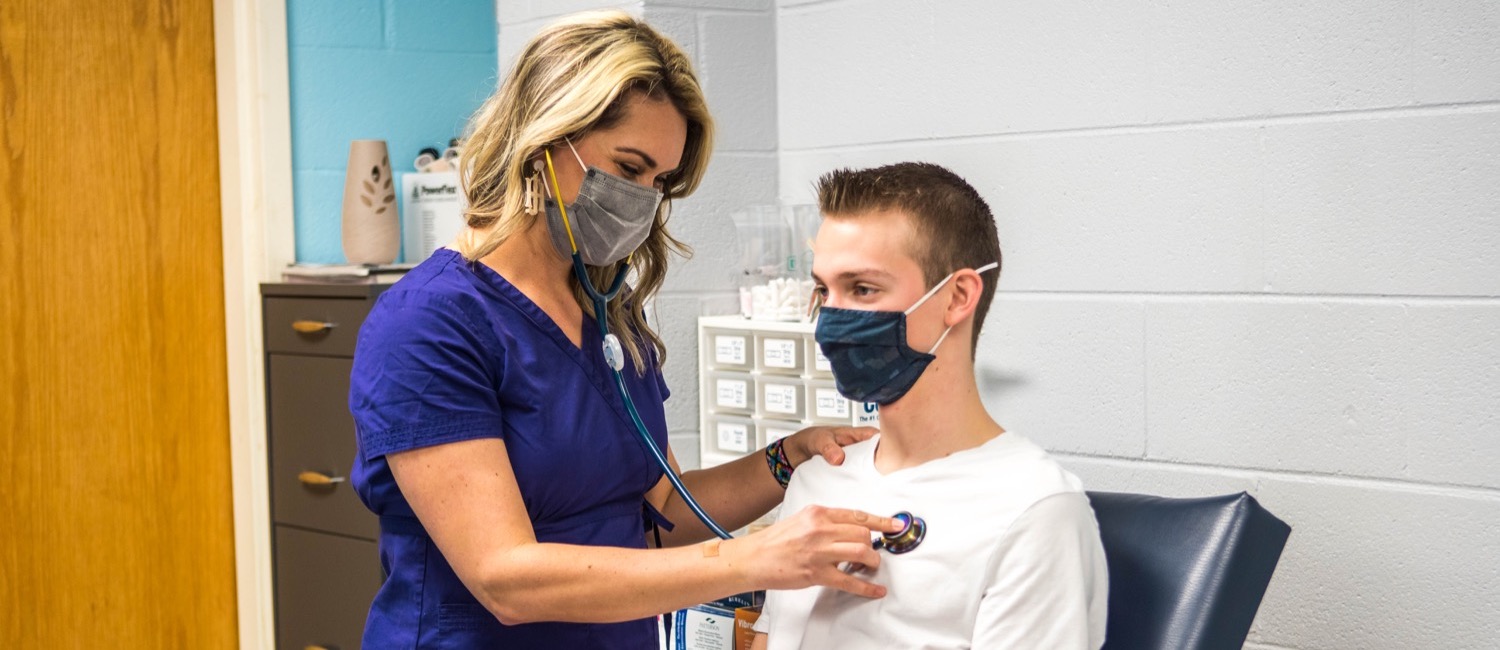Public Health

Overview
The Bachelor of Science in public health is designed for students who are interested in interventions aimed at improving health outcomes for society at large. The field will prepare students with disciplinary knowledge about the socio-economic, cultural, racial, and policy aspects of public health. They will gain an understanding of research methods, analysis of health policy, conducting community needs assessments, epidemiology, statistics, occupational and environmental sciences, health behavior, advocacy, and communication.
Graduates may work as health and safety engineers, environmental officers, health and safety experts, policy advocates, government workers, etc. According to BLS data, the median pay for a health and safety engineer was $89,130 in 2018 and these jobs are projected to grow 5% during 2018-28. Environmental scientists and specialists had a median wage of $71,130 in 2018, and these jobs are likely to grow 8% during the next decade. Epidemiologists had a median wage of $69,660 in 2018, and these jobs are projected to grow 5% during 2018-28. This program can also be completed as a concentration.
Objectives
- Demonstrate sound knowledge of the tenets of public health, its core values, concepts, functions, ethics, organizational structures and regulations
- Apply the tools of statistics, public health data collection, use, and analysis; comprehend the importance of evidence-based approaches
- Distinguish the socioeconomic, behavioral, biological, environmental, and other factors that impact human health and contribute to health disparities
- Demonstrate the fundamental concepts and features of project implementation, including planning, assessment, and evaluation
- Communicate using basic concepts of public health-specific communication, including using technology tools
Admissions Requirements
- A high school diploma or GED
- GPA of 2.0 or higher
- Official transcripts from all previously attended schools
- Completed application with Carolina University